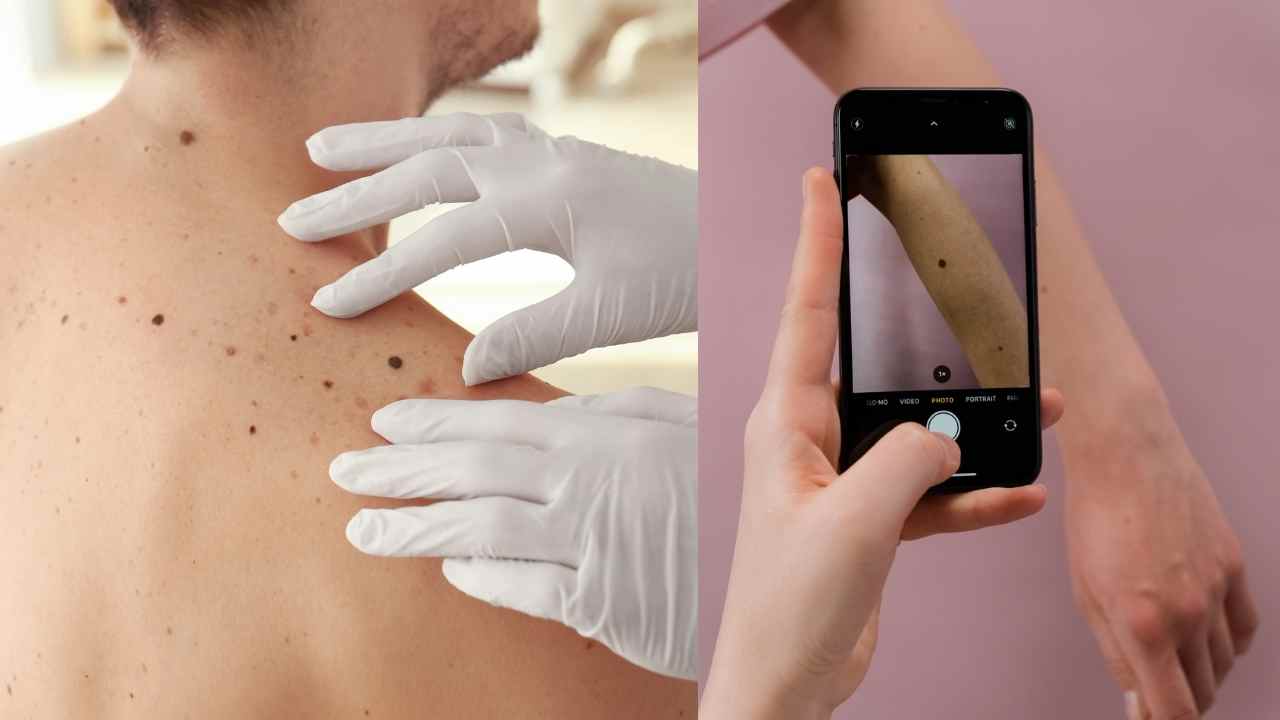New AI Shows 100% Detection Rate for Skin Cancers!
In the world of healthcare, artificial intelligence (AI) is quietly making important strides. A recent study presented at a medical conference in Berlin showcased how AI software has reached a 100% detection rate for melanoma. Melanoma is the most dangerous form of skin cancer. This development could reshape the way we approach skin cancer diagnosis! “This study has demonstrated how AI is rapidly improving and learning, with the high accuracy directly attributable to improvements in AI training techniques and the quality of data used to train the AI.” Lead author Dr. Kashini Andrew, specialist registrar at University Hospitals Birmingham NHS Foundation Trust in the United Kingdom, Impressive and Accurate Results! Over 2.5 years, researchers delved into the cases of over 22,000 patients who were suspected of…
In the world of healthcare, artificial intelligence (AI) is quietly making important strides. A recent study presented at a medical conference in Berlin showcased how AI software has reached a 100% detection rate for melanoma. Melanoma is the most dangerous form of skin cancer. This development could reshape the way we approach skin cancer diagnosis!
“This study has demonstrated how AI is rapidly improving and learning, with the high accuracy directly attributable to improvements in AI training techniques and the quality of data used to train the AI.”
Lead author Dr. Kashini Andrew, specialist registrar at University Hospitals Birmingham NHS Foundation Trust in the United Kingdom,
Impressive and Accurate Results!
Over 2.5 years, researchers delved into the cases of over 22,000 patients who were suspected of having skin cancers. The AI software’s performance was nothing short of impressive. It correctly identified all 59 melanoma cases! The results boasted a 99.5% accuracy rate in spotting various skin cancer types. Just one out of 190 cases slipped through its digital fingers. Additionally, it demonstrated a strong 92.5% effectiveness in flagging pre-cancerous lesions.
Experts Take On Accuracy
So, what’s the secret behind this remarkable accuracy? Dr. Kashini Andrew, the lead researcher from University Hospitals Birmingham NHS Foundation Trust, has an interesting perspective. She believes that the answer lies in continuous improvements in AI training methods and the quality of data used during training. It’s a reminder of the vital role that quality data plays in developing robust AI systems for healthcare.
Beyond the numbers, the AI’s impact on patient care is significant. Dr. Andrew pointed out that the latest version of the software has already saved over 1,000 in-person consultations. This is between the period April 2022 and January 2023.
This not only streamlines the healthcare process but also frees up precious time for those in urgent need. It’s a tangible example of how AI can make a difference in the real world.
“The latest version of the software has saved over 1,000 face-to-face consultations in the secondary care setting between April 2022 and January 2023, freeing up more time for patients that need urgent attention.”
Dr. Kashini Andrew
Is It A Standalone Solution?
However, it’s essential to remember that AI isn’t a standalone solution. Dr. Irshad Zaki, a consultant dermatologist at the same NHS Foundation Trust and a co-author of the study, also shares his insight. He emphasized the importance of pairing AI with clinical oversight.
In one instance, AI did miss a case of basal cell carcinoma, highlighting the value of having human dermatologists as a safety net for cases that may slip through the digital cracks.
The debate over AI’s role in dermatology is ongoing. Dr. Andrew suggests that further research with proper clinical supervision could position AI as a valuable triage tool.
Nevertheless, Dr. Andrew emphasizes that AI isn’t a replacement for human expertise. This study showcases the potential of AI in healthcare, provided it can prove its cost-effectiveness and work hand-in-hand with human professionals.
Conclusion
The recent progress in AI for skin cancer detection is genuinely promising. Achieving a flawless detection rate for melanoma and high accuracy for other skin cancers and pre-cancerous lesions is a substantial leap forward in healthcare tech. While AI holds the promise of improving patient care and efficiency, it should always be seen as a complement to, not a substitute for, the expertise of dermatologists.
Also read,






